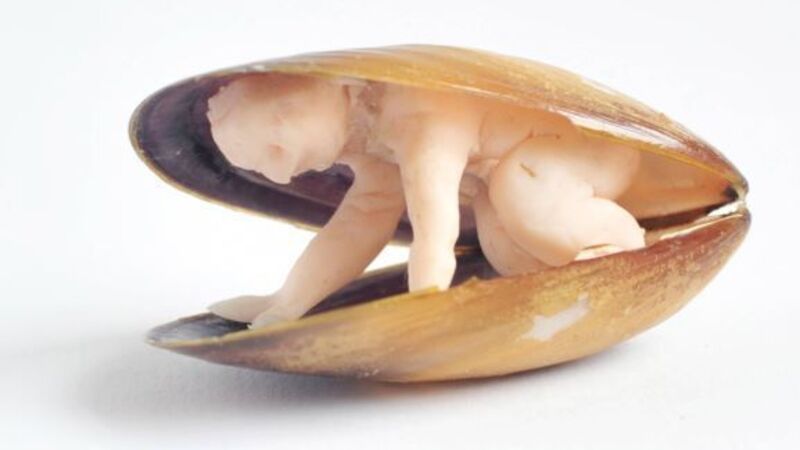Outsider artists get a look-in

THE fourth annual Skibbereen Arts Festival starts today. Mental illness and artistic expression underpin this year’s programme, says Pat Collins, secretary for the festival.
“There’s a strand running through the festival, about what I would call ‘outsider art.’ We’re having an exhibition of work from the KCAT arts studio in Callan, Co Kilkenny. They’re a Camphill Community. There are Camphill Communities all over the world. There are a couple of them in Ireland, which are, basically, for people with special needs who have an opportunity to work as artists. Some of their work is extraordinary.











